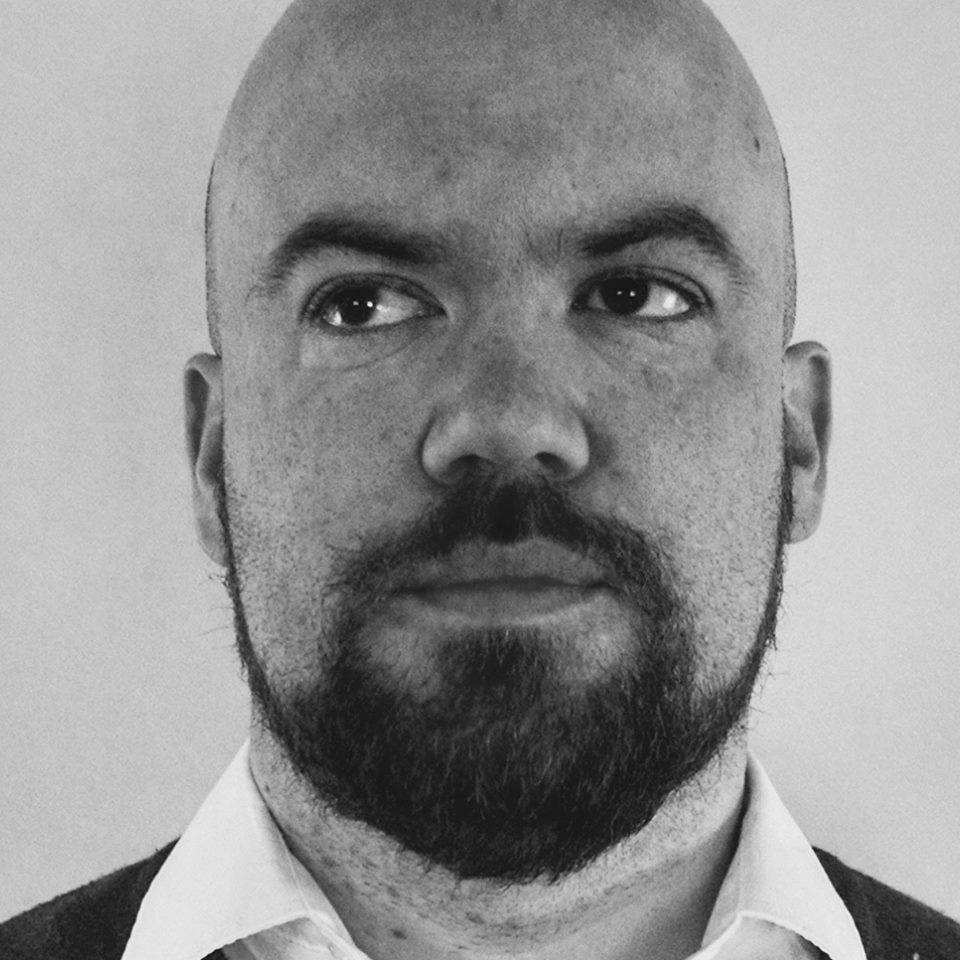It Now Takes an Average of 21 Years to Pay for College

By:
Student debt is now an almost unavoidable part of life in the United States.
Those graduating college this year face an average student debt of over $25,000. Paying off that debt can take decades, a real burden on young people just starting their careers.
The enormity of student debt and the length of time it takes to pay it off is a major problem.
There are 44.2 million people in the U.S. with student debt, averaging from around $25,000 for public colleges to around $32,000 for private, non-profit schools — to over $39,000 for private, for-profit schools.
It takes an average of 21 years to repay the average debt from a four-year degree.
Paying off student debt also depends on a number of factors: one can pay it off quickly with a windfall of cash or, as in some extreme cases, by working hard and spending next to nothing for years.
Factors like home ownership, raising a family, and other expenses can set even the most ambitious plans back several years. Federal student loan programs allow one to pay off a loan at a slower pace through income-based repayment plans that allow one to pay based on what one makes, not what one owes.
The good news is that there are student loan forgiveness programs for students who work in public service.
Generally, working in public service and making debt payments for 10 years will result in the remainder of the debt being forgiven.
The bad news is that there are only two ways to completely avoid paying back one's debt: dying or leaving the country forever.
There's an economic cost to the loans, too. Student debt accounts for some $1.4 trillion nationally. That's $1.4 trillion in income that won't be spent on consumer goods, homes, or services, but to lenders.
The scourge of student debt and the threat it poses to the U.S. economy is one of the reasons why some Democratic politicians have proposed free public college tuition for anyone who wants it.
Senators Elizabeth Warren and Bernie Sanders have introduced legislation aimed at slashing the burden of debt.
Here's six things their plan would do.
-
Make public colleges and universities tuition-free.
-
Stop the federal government from making a profit off of loans (an estimated $110 billion over the next decade).
-
Cut student loan interest rates from 4.29 percent to 2.37 percent.
-
Let students refinance their loans at lower rates.
-
Provide low-income students aid for living expenses while in school and more work-study opportunities.
-
Pay for it all with a tax on each trade of stocks, bonds, or derivatives on Wall Street.
There's substantial public support for such a plan, with 62 percent of those polled telling Bloomberg in August 2016 that they support debt-free college.
But Republicans have other ideas.
In April, Education Secretary Betsy DeVos rescinded Obama-era policy memos that strengthened consumer protections for borrowers.
The Washington Post reported May 19 that those Obama memos "called for the creation of financial incentives for targeted outreach to people at great risk of defaulting on their loans, a baseline level of service for all borrowers and a contract flexible enough to penalize servicers for poor service."
It's part of DeVos' plan to streamline debt collection services.
The Trump administration is also considering shifting responsibility for the loans from the Education Department to the Treasury Department, a move that could have negative consequences for students.
By moving the loans to the Treasury Department, the government would be fundamentally changing the point of the program, according to David Bergeron, a retired Education Department official.
"The reason the federal student aid programs live within the Education Department is because that’s the agency that has as its goal increasing educational opportunities within the United States,” Bergeron told The New York Times. “That is not the Treasury Department’s goal. Its job is to pay for the business of the government.”
No matter what happens, students loans—as a financial burden and a political issue—aren't going anywhere, at least not anytime soon.
